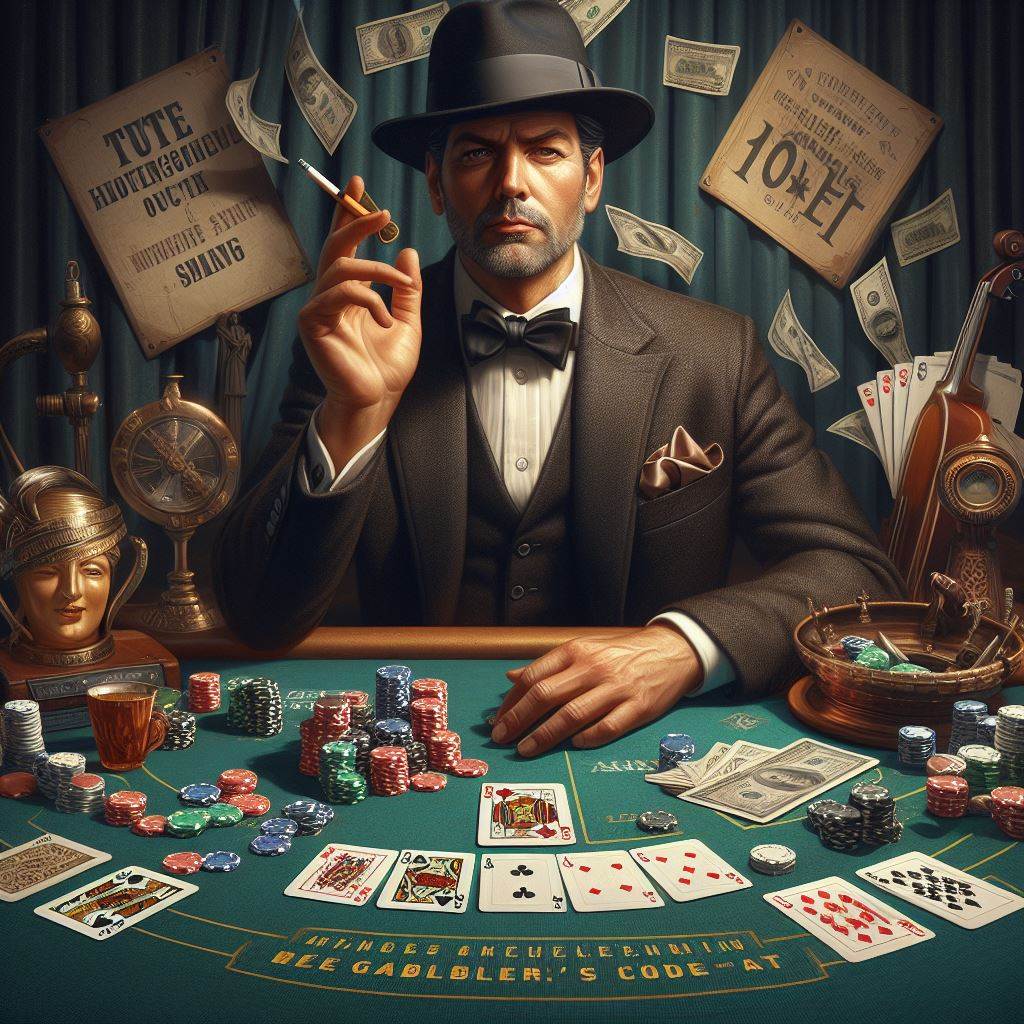In the world of casino poker, success isn’t just about how well you play your cards, Psychological Tactics in Casino Poker but also how well you play the mind games. Psychological strategies are crucial, weaving a complex web of deception, manipulation, and control that can turn an average player into a formidable one. At the heart of these tactics is the art of bluffing, complemented by a variety of other psychological techniques that extend far beyond simple deception.
Understanding the Psychology of Poker
Poker is as much about understanding your own mind as it is about deciphering the mental states of your opponents. The best players excel not only in maintaining control over their emotions but also in observing and interpreting the behavior of their opponents. This requires sharp observation skills, emotional intelligence, and an intimate knowledge of the dynamics of poker.
The Art of Bluffing
Bluffing is probably the most famous psychological tactic in poker. It involves projecting confidence to mislead opponents about the strength of your hand. Effective bluffing is not about lying at random; it requires a keen sense of timing and a deep understanding of your opponents’ strategies and mindsets. Bluffers must choose their moments wisely, Psychological Tactics in Casino Poker using their knowledge of the game’s progression and their opponents’ previous actions.
To bluff effectively, a player must also cultivate a reputation for being unpredictable. Those who bluff infrequently and thoughtfully are more likely to mislead their opponents than those who bluff haphazardly. Additionally, it’s crucial to maintain a consistent betting pattern that conceals the true strength of your hand.
Psychological Warfare Beyond Bluffing
Beyond bluffing, several psychological strategies can influence the outcome of the game. Some players employ reverse tells, deliberately giving false cues to throw others off. Others vary their playing style—shifting unpredictably between aggressive and passive approaches to confuse opponents and prevent them from settling into a reliable counter-strategy.
Profiling players is another advanced tactic, where one adjusts their strategies based on the observed patterns, habits, and emotional reactions of their opponents. Keeping a neutral demeanor, or maintaining a “poker face,” is equally important, as it prevents opponents from reading your emotional responses to the game’s developments.
Mental Endurance and Focus
The mental endurance required for long poker sessions is substantial. Players must manage stress, fatigue, and emotional swings to stay focused and make rational decisions. Techniques such as mindfulness, maintaining physical fitness, and ensuring adequate rest are critical for sustaining mental acuity over extended periods.
Strategic Use of Psychological Tactics
Integrating psychological tactics into your poker strategy is a dynamic process. It involves constant learning and adaptation. Regularly analyzing your gameplay, studying your opponents’ behaviors, and refining your approaches based on past outcomes are essential practices for improving your psychological game.
Conclusion
Mastering the psychological tactics in casino poker requires more than just knowing the rules of the game; it demands an understand ing of human behavior and a strategic mindset. Whether through bluffing or other manipulative techniques, the psychological layer adds depth to the game, offering a path to victory that involves not just the luck of the draw but the art of the mind. By integrating these psychological strategies, players can significantly enhance their chances at the poker table, turning potential losses into memorable wins.
Baca Juga: The Secrets of Success in Casino Poker: Tips from the Pros



